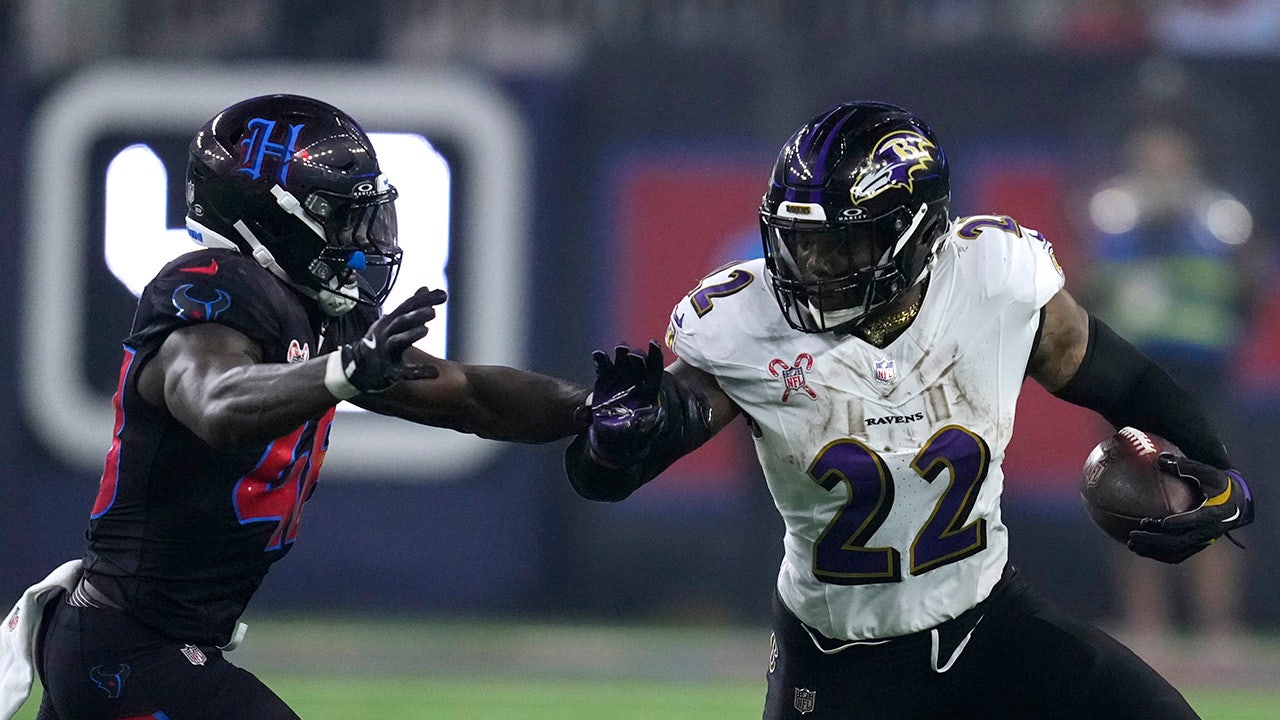A rose amongst the thorns.
This year’s women’s month kicked off on a high for South Africa, as a leading example of how to launch an inspired renaissance of appreciation and recognition for women’s sports.
Leading the renaissance through a display of sheer determination and drive, is Banyana Banyana Head Coach, Desiree Ellis, who has steered the ship carrying the hopes of South African women’s soccer significantly closer to being recognised and appreciated locally, as well as on the world stage.
South Africa’s women soccer team – affectionately known as Banyana Banyana led by Coach Desiree, carved their name in the history books by winning the Women’s Africa Cup of Nations (WAFCON) on the 23rd of July 2022 in Morocco against the host nation, creating yet another memorable sporting moment for the country. The last and only time the country had been treated to such a feat was when the men’s team conquered the continent back in 1996.
As Captain 22 years ago, Coach Desiree along with her team had suffered a devastating 2-0 defeat to Nigeria, but this momentous victory offered an opportunity to more than make up for what will now surely only be but a blip in the hearts and minds of a loyal following of football fans. South Africa, alongside Nigeria, are the only two countries on the continent to have conquered the sports with both the male and female teams.
During her playdays, she represented the likes of Spur Ladies as a midfielder, along with being a founding and the second captain of Banyana Banyana. But painting her with just one brush does an unmissable injustice to a lady who has continuously and tirelessly worked to improve and gather support for the female version of the game. She has held the position of vice-president of the Western’s Football Association from 1994 to 1995, later becoming the PRO of the association from 1996- 1997.
“it’s a circle, but a different one, but I’m glad we brought the winner’s medal home for the country”, she remarked.
“We lost players to injury, but we have individuals who stepped up. There was encouragement and objective. The guys showed character and resilience. Remember, in 2018, we played some of the best football and we didn’t come back with the winner’s medal”, she commented.
In many ways, the 2-1 win was more than just a historic victory for the women’s national team, but rather an important milestone on the long journey towards women’s sports being recognised and established as an equal to men’s sports on all fronts, including endorsement and remuneration. It was also an appreciation and vindication of sponsors like Sasol for their the long-term financial commitment.
“South Africa has a proud history of female sports achievers, with the likes of Karen Muir, Zola Budd, Elana Meyer, Ilana Koss and Caster Semenya being just a few of the names that spring to mind. The challenge has always been the general lack of recognition for women’s sports against men’s teams”, says Sithembile Ntombela, Acting CEO, Brand South Africa. “Banyana Banyana’s Wafcon win is most likely to compel corporate South Africa to pledge their support for female sports in the country, and hopefully help grow their profile in general across the continent.”
This fundamental win is a big drawcard for fans, to develop a new appreciation for women’s soccer and make a strong case for increased sponsorship and revenue streams paralleling men’s soccer.
“As the game grows and more money flows into it, coaching and other resources will improve and more fans will come,” she added. “The value of sports in building character and promoting social cohesion is well established, with a country like South Africa being no exception. Coach Desiree and her fantastic Banyana side have an enormous role to play in empowering women to achieve their full potential, but most importantly, promote genuine gender equality.
This year’s women’s month could not have started off on a better note. Under the theme of “Gender equality today for a sustainable tomorrow”, it is perfectly poised for leaders like Coach Desiree to help reshape perceptions and create space for women in an often male dominated sporting arena.
As we mark 66 years since the women’s march in 1956, we are recalled to hail the brave stance that set a course in motion to have women recognised and appreciated, in a world that is largely inhabited and run by them. All those years gone by, and the adage remains true: Wathinta abafazi, Wathinta imbokodo – you strike women, you strike a rock.





















Discussion about this post